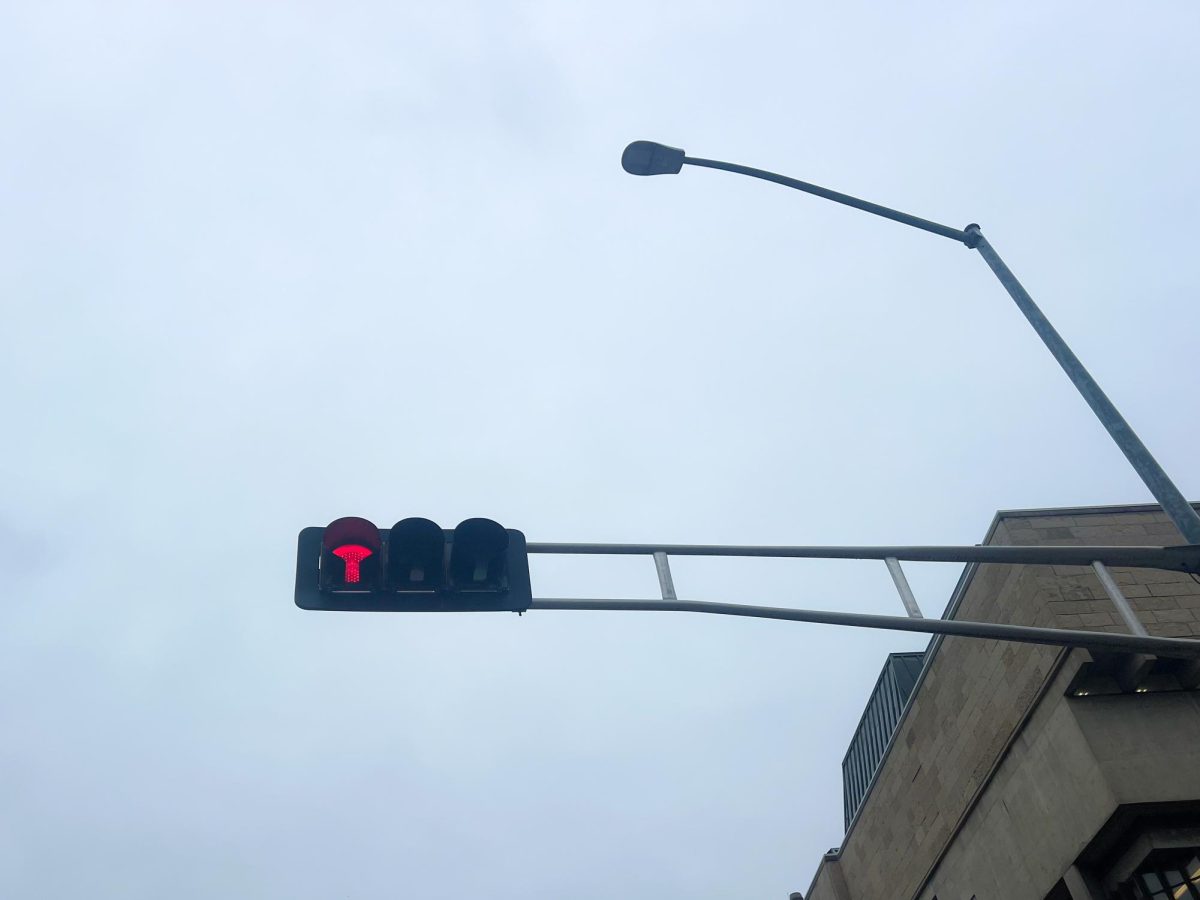As students return to campus, many may be taking note of new landmarks on campus: several new stations popped up throughout the summer, with red bikes and empty racks where community members could rent bicycles as part of B-Cycle, the city’s newest environmental effort.
Despite slight controversy that looked to delay the program’s implementation, B-Cycle made a $2 million investment to donate the system to Madison last spring.
City of Madison Planning Division Staff Member Rebecca Cnare worked in conjunction with Trek Bicycle, several different city departments and other local groups to find appropriate locations to place the kiosks, called B-Stations, in downtown Madison.
“We took in a number of considerations and met with B-Cycle representatives to present a list of 60 or 70 sites, and they chose 35,” Cnare said. “There are only 25 installed at the moment.”
Cnare said this is the first phase of the program, and as people get used to using it, some kiosks may be added, some may be eliminated and some may be relocated.
In an email to The Badger Herald, Eric Bjorling, Trek Bicycle spokesperson, said the new stations seem to fit well into the city’s landscape.
Cnare said she thinks the sites look great, adding to the urban features of Madison.
“We’re continuously improving and refining our processes for how to make B-Cycle accessible to more people, and Madison residents have come to us with some great suggestions,” Bjorling said.
When the Urban Design Commission passed the bike sharing program in March, there were some concerns about allowing residents to rent bikes with no required safety course.
However, Bjorling said signage has been added to many of the stations and bikes with suggestions for safe and proper handling of the B-cycle, including encouragement of helmet use.
“B-Cyclers have been great about safe riding and using Madison’s amazing bike lanes and paths,” Bjorling said. “We hope that will continue as time goes on.”
As a Madison native, Bjorling said he wished the program had been in place when he attended the University of Wisconsin.
“It’s been great to watch the program and membership grow,” Bjorling said. “To have a public transit option that is not only environmentally friendly but it improving the health of the population is fantastic.”
Cnare and Bjorling both agreed that the benefits of this program are numerous, including replacing cars, freeing parking, exploring more of the city and purely the amount of fun people have getting around on the bikes.
Bjorling said Trek hopes to see the program continue to grow and for more and more Madison residents and students to adopt B-Cycle for daily usage.
“Cities around the world are changing and face a lot of unique challenges that traditional transportation will not meet,” Bjorling said. “Bike share holds massive benefits for those cities to fight congestion as well as space and health issues.”
Bjorling said he tries to get on one of the B-Cycle bikes every chance he gets.
“Sharing the same experience as the user is imperative to understanding the potential benefits and how we can make the system better and more accessible for all,” Bjorling said.
View B-Cycle Locations in a larger map












